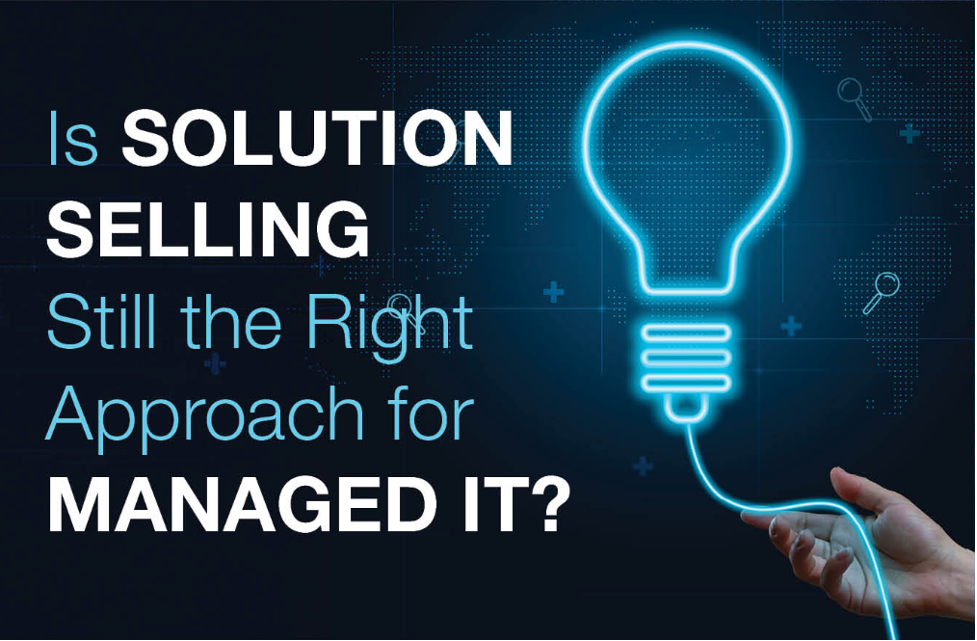 By Michelle Gnida, GreatAmerica – It was March, 2009, and I was on a phone call, pacing the floor, trying not to lose my temper. A group of three people were asking me to make a change I felt would lessen the value of our solution. Every time I explained why I didn’t agree, two people just kept stating facts, like, “The assessments have improved when we’ve tested it.” I just kept getting more and more frustrated, and giving my own evidence to support my point of view.
By Michelle Gnida, GreatAmerica – It was March, 2009, and I was on a phone call, pacing the floor, trying not to lose my temper. A group of three people were asking me to make a change I felt would lessen the value of our solution. Every time I explained why I didn’t agree, two people just kept stating facts, like, “The assessments have improved when we’ve tested it.” I just kept getting more and more frustrated, and giving my own evidence to support my point of view.
Then, Mike Norman, my boss, walked the talk and applied Dale Carnegie’s Human Relations concepts. “Michelle, I totally see why you feel so strongly about this. What we do is important, and we don’t want to lessen the value of the Carnegie Experience. What if you give this an honest try. I trust you. If you give it an honest try, and still feel this way, I will stand behind you, we will go to corporate and state our case.” It was amazing how quickly I calmed down and agreed! It’s important to recognize that I agreed to the change because Mike genuinely empathized with me.
I am sure you have been in a similar situation. It can be hard for us to make changes, even when the evidence tells us the change will be very good for us. As a leader, who needs to get buy-in for changes, this can be frustrating! We can have many, many, many logical discussions and people still won’t make the change. The sooner we realize that resistance to change is emotional not logical, and we acknowledge that emotion – the sooner we can help usher change acceptance in.


